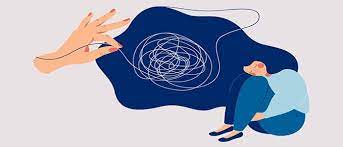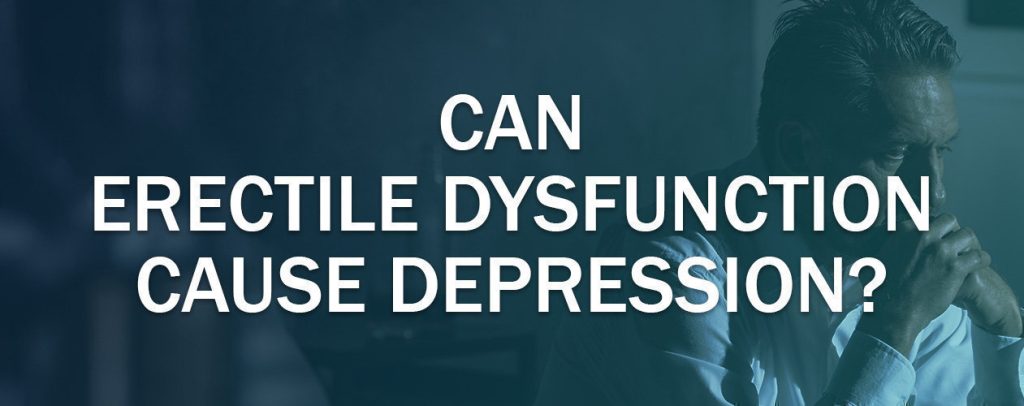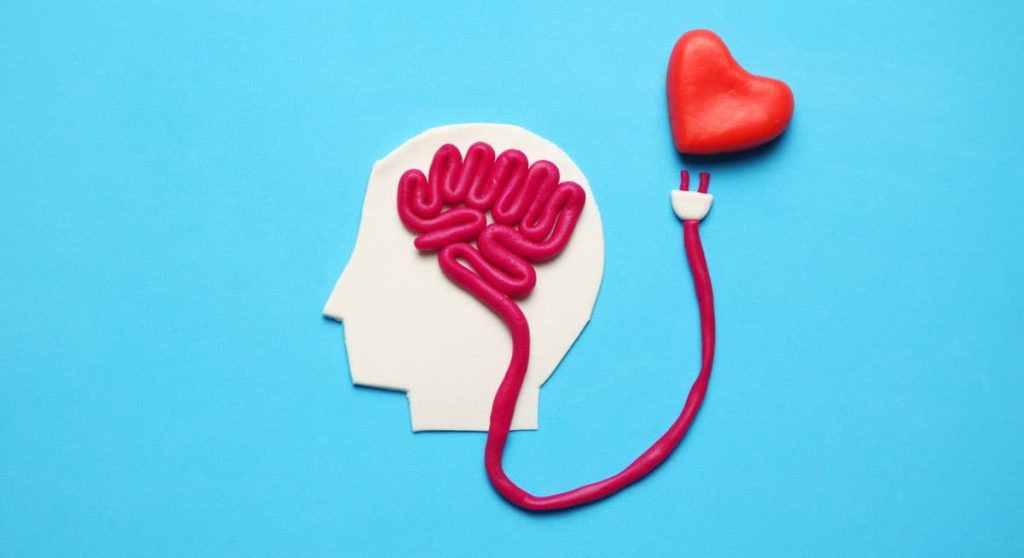Explore the easy hacks to deal with depression.
As sneaky as it is unpredictable, depression may be. You could be surprised by it at any time. even when everything appears to be going according to plan and when everything is “wonderful.”
You might be asking yourself, “How can I feel so horrible when I have so much to be grateful for?” while you try to make sense of this. Worst yet, “I have no business feeling depressed,” Such ideas are not constructive. These just serve to reinforce guilt feelings, which are depression’s best buddy and partner.

Your relationships, your job, and your entire feeling of self-worth can all be affected by clinical depression. It has a powerful punch. Fortunately, there are resources out there that can aid in your resistance.
Preventative care is of course the most significant (therapy, a positive support system, getting enough sleep and exercise, etc.). But, the following are some spot-on, urgent steps you can take if you find yourself in the middle of a depressive episode. All of these “tools” won’t be able to cure depression, but they might at least help clear things up a little.
Symptoms of depression
In a depressive episode, the individual experiences significant difficulties in personal, family, social, educational, occupational, and/or other important areas. The symptoms generally differs in terms of severity and natured which is based on individual occupation, gender, and age group. Depression symptoms can vary from mild to severe and can include:
- Changes in appetite
- Loss of energy or increased fatigue
- Increase in purposeless physical activity or slowed movements or speech
- weight loss or weight gain
- Trouble sleeping or sleeping too much
- Feeling sad or having a depressed mood
- Feeling worthless or guilty
- Difficulty thinking, concentrating or making decisions
- Thoughts of death or suicide
- Loss of interest or pleasure in activities once enjoyed
Furthermore, medical conditions such as thyroid problems, brain tumors, and vitamin deficiencies can mimic depression symptoms, so it is important to rule out general medical causes.
Hacks to relieve depression
Activate your body.
Moving your body is the fastest technique to combat depression feelings right now. Of course, exercising may be the last thing you feel like doing when you’re depressed. It need not be difficult, though; any kind of physical exercise will do.
Just performing 20 jumping jacks or shaking your body for a minute or more can have an impact. Our thoughts and bodies are intertwined; if we let our bodies take the lead, the mind will probably follow.
Answer the phone.
Dial a number. a buddy. an associate. With one exception, any kind of social connection can be extremely therapeutic. Make sure the individual you are connected with is a positive support who feeds you rather than drains you.
If you are unable to phone, you can still text someone to feel connected. If you have no one to contact or text, go online and pick one of the many support groups or chat rooms to meet people going through similar experiences to you. Human connection has the ability to heal.
Determine possible triggers.
Even though a depressed episode can appear to occur suddenly and without “good reason,” there usually is an outside trigger. It could be a difficult conversation or experience that you haven’t yet processed, or it could be a self-defeating mindset, which is more harder to recognise.
You can respond, “But nothing happened, and I wasn’t even thinking about anything at the time,” in response to this. The second is impossible. We are constantly thinking. Our thoughts never go away, whether we are debating the meaning of existence or choosing which shoes to wear.
Negative ideas might blend in with the background. Like the sirens you hear so frequently, you stop noticing them. Worst-case scenarios involve these pessimistic thoughts developing into strongly held self-beliefs. For instance, skewed, unfavourable thoughts may surface if you failed a test or lost your job, such as “I failed because I’m not smart enough” or “I’ll never find another job again.” It doesn’t matter what you believe or feel, it still might not be real. It is our responsibility to recognise these thoughts before they take control and to resist them.
Reject the provoking thought.
Lies are one of depression’s greatest strengths. Never trust them.
Once the negative concept has been located, question its veracity. Ask yourself: How do you know that, for instance, when you tell yourself, “I’ll never find another work again”? The future cannot be predicted. Instead, in response to the statement, “I’m not smart enough,” you might provide evidence to the contrary, such as a list of all the times you performed well or your accomplishments to date.
Also, avoid generalising. Simply because you lost one job or failed one test does not mean that you will never find another one or pass another test. Whatever depression tells you, ignore it!
Remain in the current moment.
When depression has you in its tight grip, it might be difficult to think clearly. The prefrontal cortex, a better developed region of the brain that governs cognitive processes like rational thought, can frequently lose control to the limbic system, which governs emotions.
Here, mindfulness can be useful. This does not imply that you must sit and practise meditation for 20 minutes (although practising meditation is one of the best ways to cultivate mindfulness). Catching a negative idea and immediately changing your attention to something physical in the present, like your breath or the noises or odours around you, sometimes be all it takes. Being aware is more than just a trendy concept; it will benefit you all your life.
Take refuge in a good movie.
We all need to occasionally step outside of our thoughts. Of course, in a non-destructive manner. One of the things to do is to watch a fantastic movie. Avoid tearjerkers and instead pick a comedy or at least an upbeat movie. Only a few examples of comedic and/or lighter movies that you can add to your toolkit for battling sadness are provided below.
REFERENCES:
- https://www.psychologytoday.com/us/blog/nurturing-self-compassion/202006/6-depression-hacks
- https://www.webmd.com/depression/ss/slideshow-easy-habits-improve-mental-health?
- https://www.wondermind.com/article/how-to-deal-with-depression/
- https://www.blurtitout.org/2016/06/14/managing-depression-hacks-hints-difficult-days/?doing_wp_cron=1676625387.6235940456390380859375
For more details, kindly visit below.

